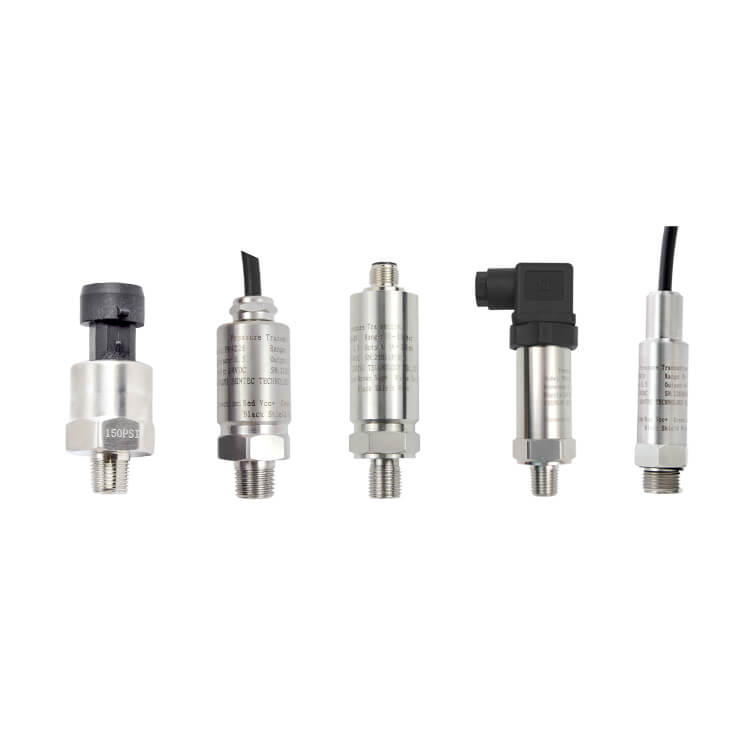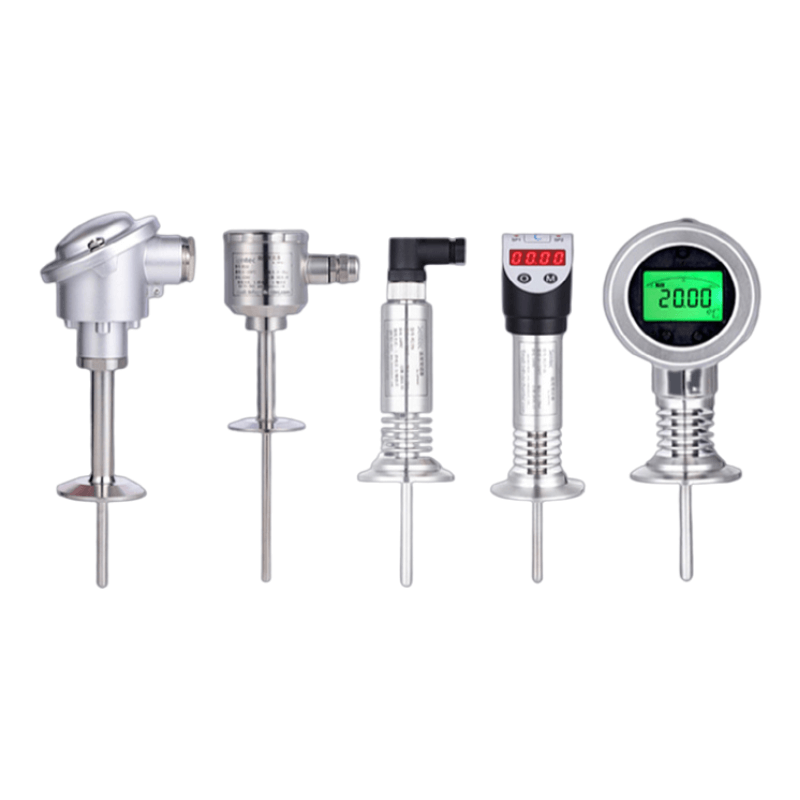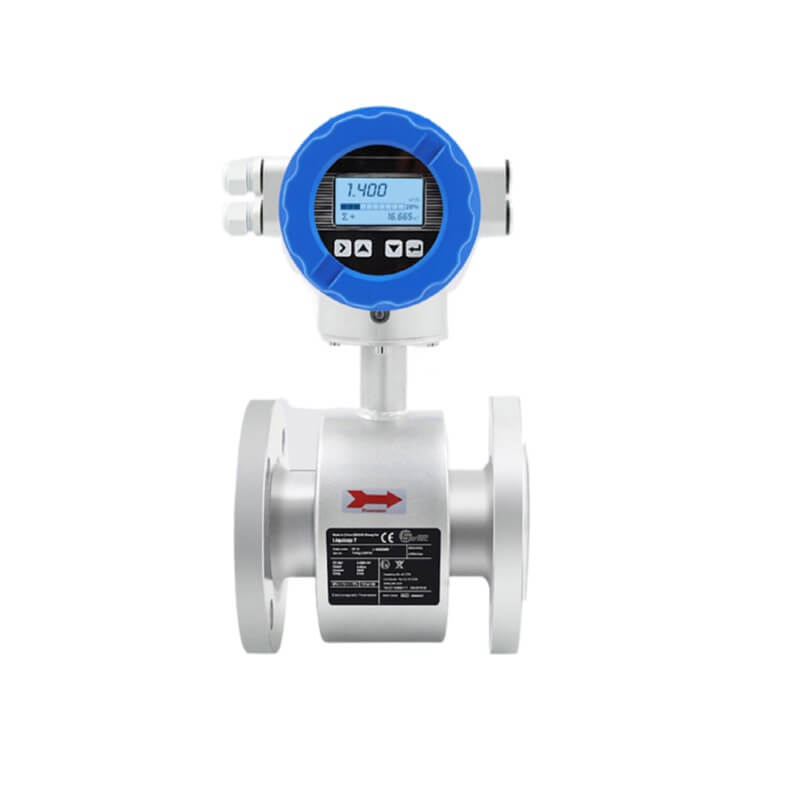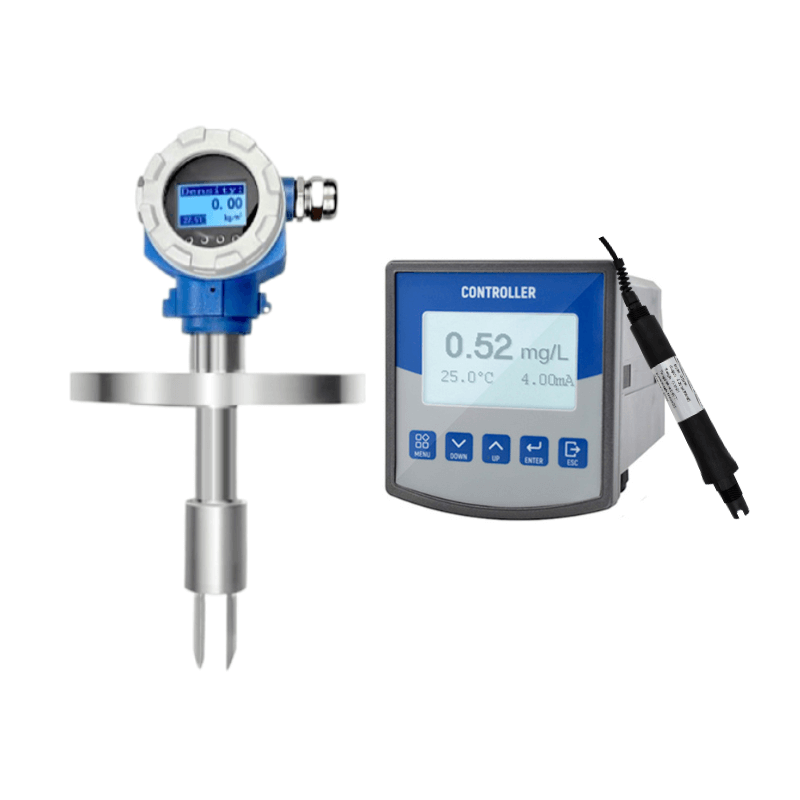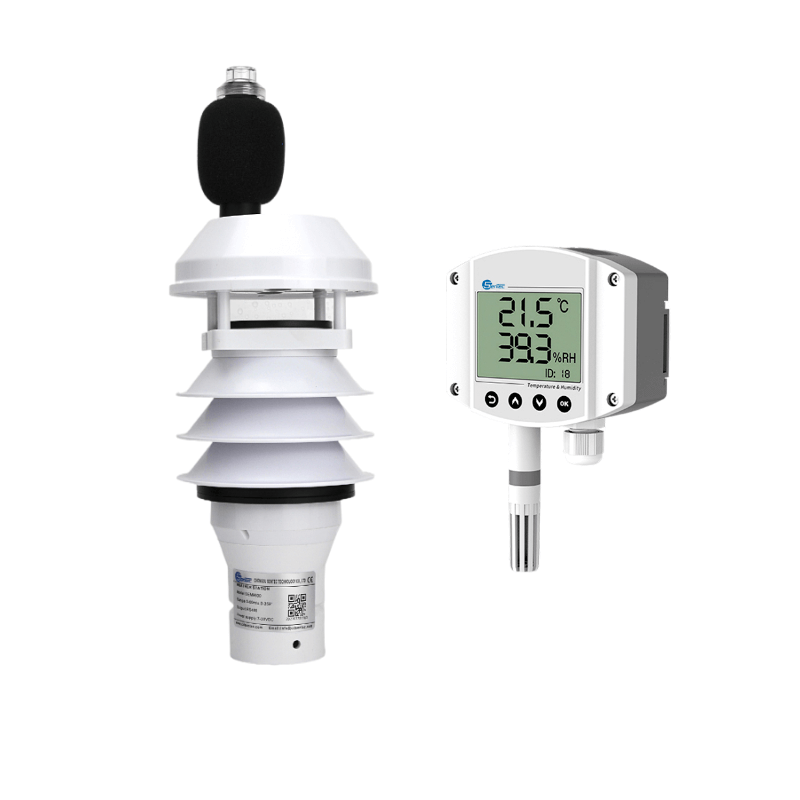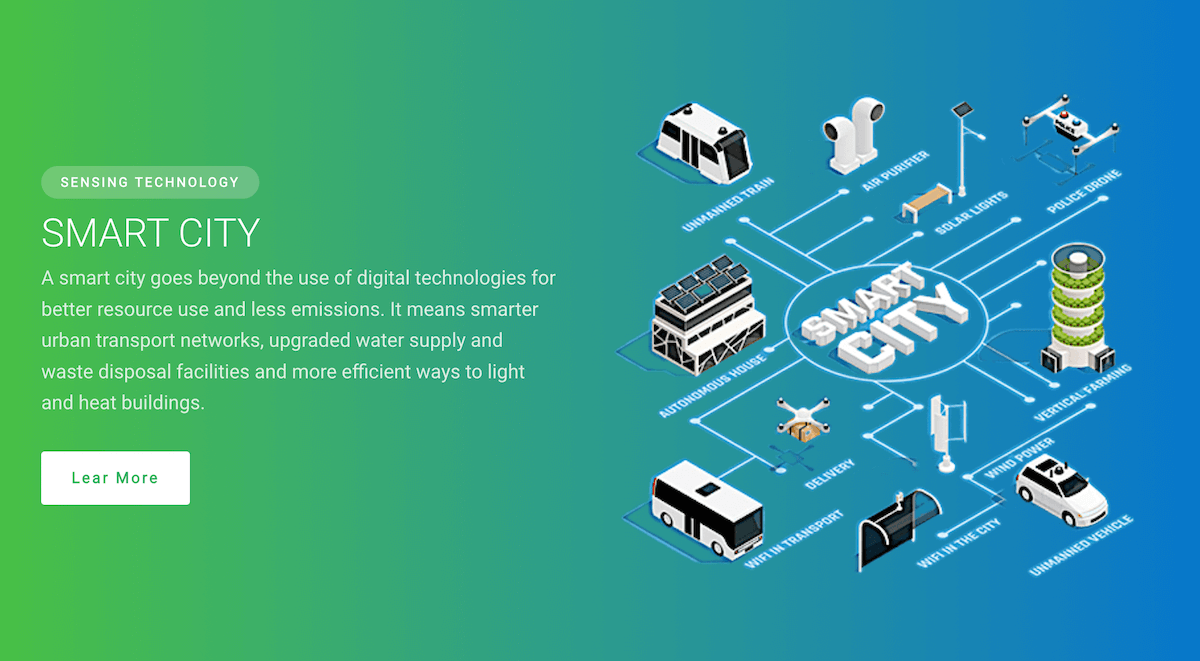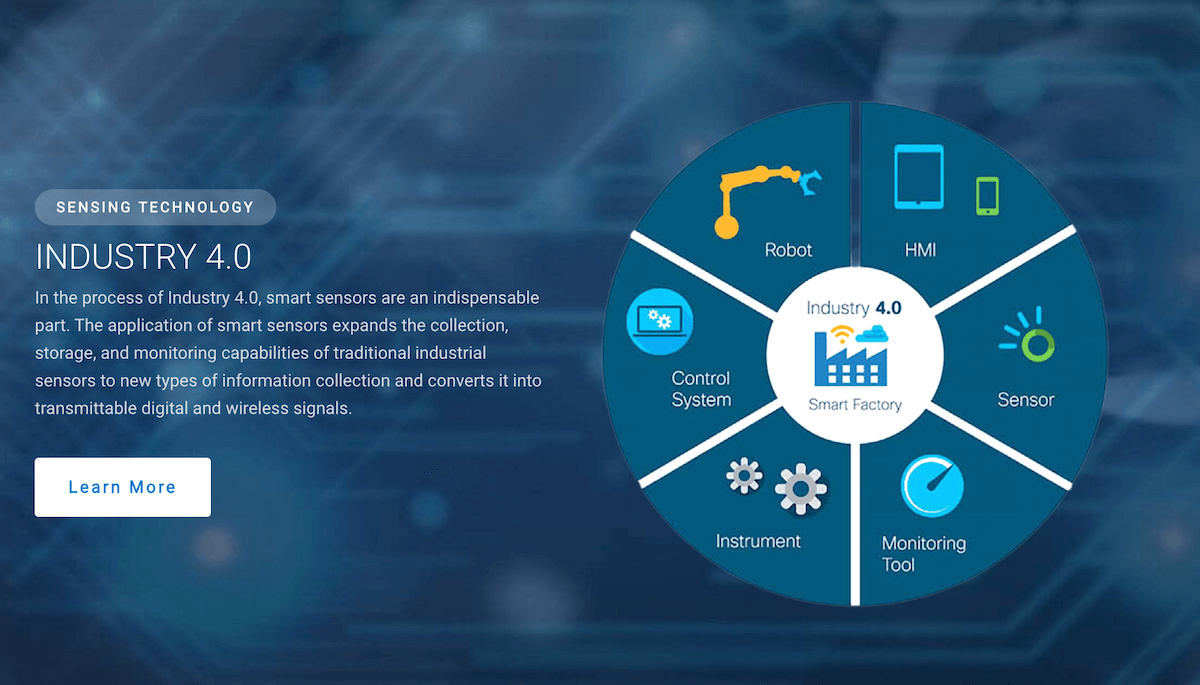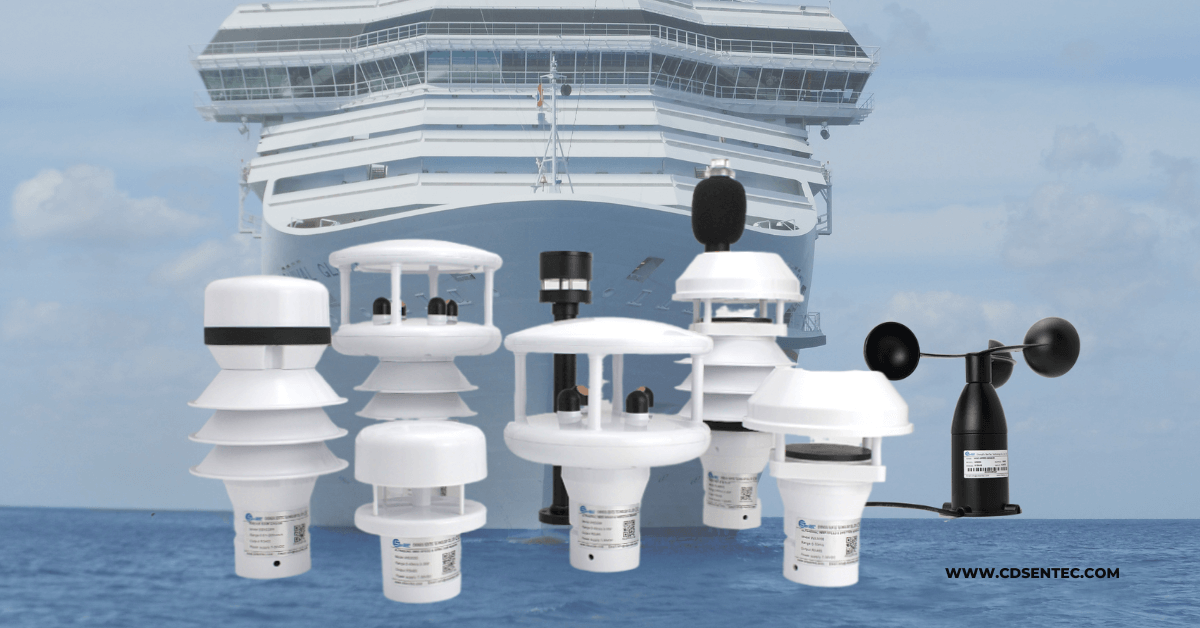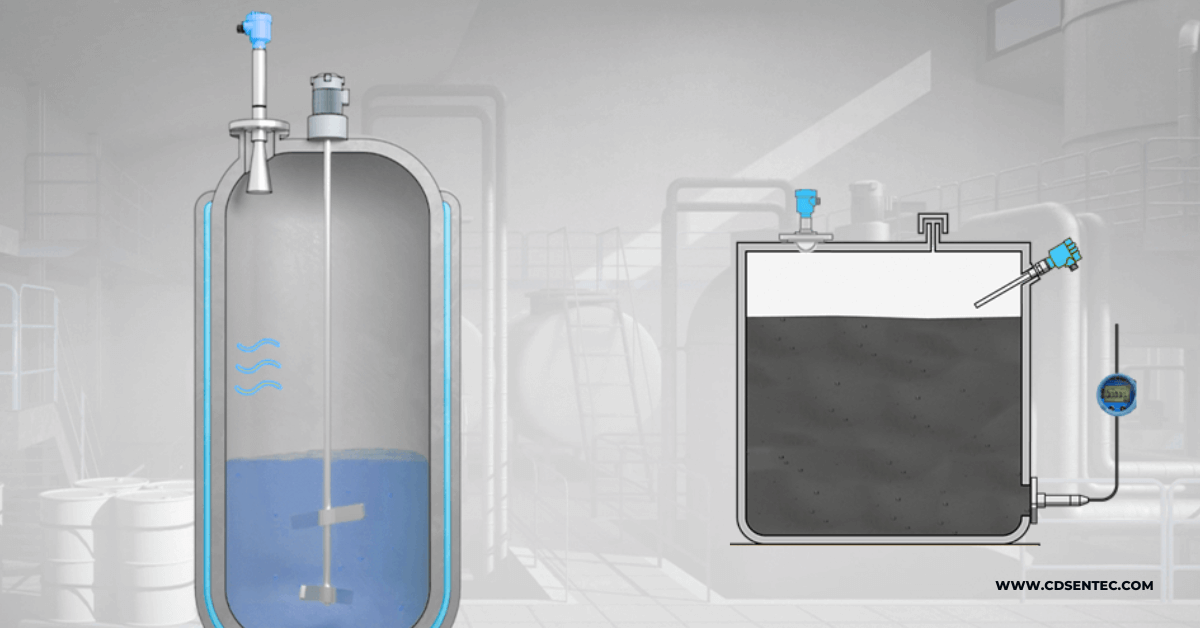In the scope of modern chemical industries, process control instrumentation plays a pivotal role. This technology comprises various instruments and systems designed to maintain the performance and safety of industrial operations. These instruments monitor, manage, and control the physical quantities such as pressure, temperature, level, and flow within industrial processes. Process control instrumentation is an essential aspect of chemical industries, as it ensures the efficient operation of complex processes, maximizes productivity, reduces risk, and minimizes waste.
In the context of chemical industries, process control instrumentation is often associated with the production of various chemical substances. One such substance is ammonia, a compound of nitrogen and hydrogen. Ammonia synthesis is a significant industrial process, with a significant global output used in a variety of applications, including fertilizers, refrigerants, and pharmaceuticals.
The production of ammonia is a complex procedure that requires precise control and monitoring to ensure optimum yield and safety. This is where process control instrumentation comes into play, facilitating the safe and efficient operation of ammonia production plants.
Fundamentals of Ammonia Synthesis
Ammonia synthesis is a crucial process in chemical industries, characterized by the combination of nitrogen and hydrogen gases under high pressure and temperature to produce ammonia. This process, known as the Haber-Bosch process, is one of the most significant industrial chemical reactions.
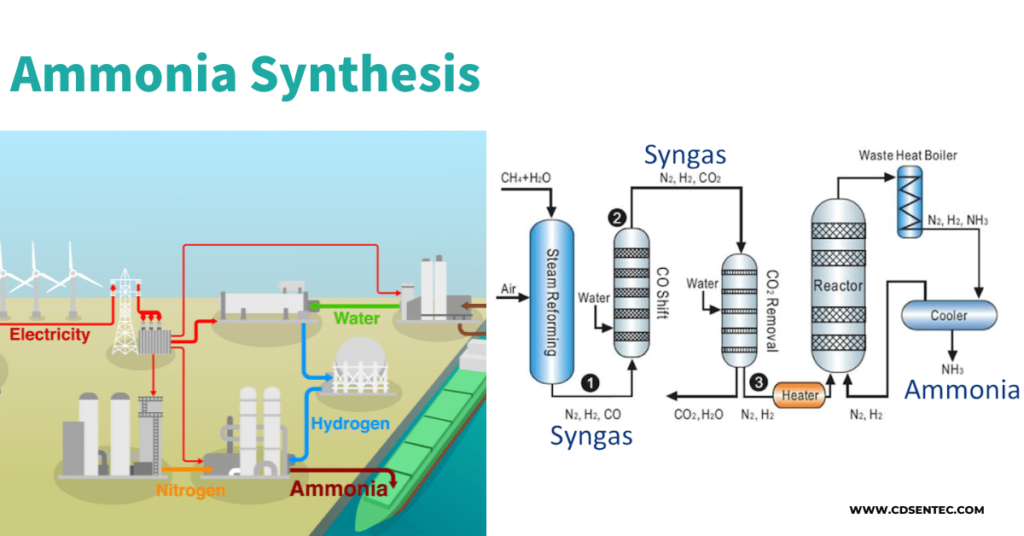
The ammonia production process involves a series of steps, including the purification of nitrogen and hydrogen gases, the reaction of these gases in the presence of a catalyst, and the separation and collection of the produced ammonia. Each of these steps requires accurate control and monitoring to ensure the production of pure, high-quality ammonia.
In ammonia synthesis, the precise control of temperature, pressure, and the ratio of the reactant gases is crucial. These variables directly influence the yield and quality of the produced ammonia. Therefore, the role of process control instrumentation in ammonia synthesis is indispensable.
Process Control Instrumentation in Ammonia Production
In the realm of green ammonia production, process control instrumentation serves a variety of functions. From the initial stages of gas purification to the final steps of ammonia collection and storage, these instruments are at work, ensuring the smooth and efficient operation of the process.
In the gas purification stage, process control instrumentation ensures the removal of impurities from the reactant gases. Instruments such as gas analyzers and flow meters play a crucial role in this stage. These devices monitor the composition and flow rate of the gases, enabling operators to make necessary adjustments to ensure the purity of the reactant gases.
During the reaction stage, process instruments such as temperature and pressure sensors monitor and control these critical parameters. These instruments provide real-time data, allowing operators to adjust the process conditions to achieve optimum yield and quality. Additionally, control systems regulate the flow of gases and the operation of the catalyst, ensuring the efficient conversion of reactant gases into ammonia.
Role of Measuring Instrumentation in Monitoring and Controlling Ammonia Production
Measuring instrumentation forms an integral part of process control in ammonia production. These instruments provide continuous, real-time data on various physical and chemical parameters of the process. This data is crucial for maintaining optimal process conditions and ensuring the safety and efficiency of the operation.
Temperature sensors, pressure sensors, flow meters, and gas analyzers are some of the key measuring instruments used in ammonia production. These devices monitor the temperature, pressure, flow rate, and composition of the gases involved in the process. This information is essential for maintaining the correct reaction conditions and ensuring the purity and quality of the produced ammonia.
Furthermore, these measuring instruments also play a vital role in process safety. By continuously monitoring the process conditions, they provide early warning of any deviations or anomalies that could lead to unsafe situations. This allows operators to take corrective action before any serious incidents occur.
Understanding the Sensor and Control in the Ammonia Synthesis Tower
The ammonia synthesis tower, also known as the reactor, is the heart of the ammonia production process. In this vessel, nitrogen and hydrogen gases react under high pressure and temperature to produce ammonia. The sensor and control systems in the synthesis tower play a critical role in regulating this reaction.
Temperature sensors monitor the heat level within the reactor, ensuring that the reaction occurs at the optimal temperature. Pressure sensors keep track of the pressure within the vessel, maintaining it at the required level for the reaction. Flow meters regulate the flow of the reactant gases into the reactor, ensuring the correct ratio for the reaction.
Control systems in the synthesis tower use the data provided by these sensors to regulate the process. These systems adjust the flow of gases, the temperature, and the pressure within the reactor based on real-time sensor data. This ensures that the reaction proceeds under optimal conditions, maximizing the yield and quality of the produced ammonia.
Importance of Process Instruments in an Ammonia Separator
Following the reaction stage, the produced ammonia gas needs to be separated from the unreacted gases. This is done in the ammonia separator, a critical component of the ammonia production plant. Process instruments play a vital role in this stage, ensuring the efficient separation of ammonia from the other gases.
Flow meters monitor the flow of gases into and out of the separator, ensuring that the separation process proceeds smoothly. Pressure and temperature sensors monitor the conditions within the separator, maintaining them at the optimal levels for separation. Gas analyzers monitor the composition of the outgoing gases, ensuring that the separated ammonia is pure and of high quality.
Role of Process Control Instrumentation in Absorption Tower and Regeneration Tower
The absorption tower and regeneration tower are key components of the ammonia production process. In the absorption tower, ammonia is absorbed from the gas mixture into a liquid solution. In the regeneration tower, the absorbed ammonia is released from the liquid solution and collected.
Process control instrumentation plays a crucial role in these stages of the process. Sensors monitor the temperature, pressure, and flow rate in these towers, ensuring that the absorption and regeneration processes occur under optimal conditions. Control systems use this sensor data to regulate the process, maintaining the efficiency and safety of the operation.
Ensuring Safety with Process Control in the Liquid Ammonia Storage Tank
Once produced and collected, ammonia is stored in a liquid form in storage tanks. Safety is of utmost importance in this stage of the process, as liquid ammonia can be hazardous if not handled properly. Process control instrumentation plays a critical role in ensuring the safety of the storage tanks.
Level sensors monitor the amount of ammonia in the tank, ensuring that it does not exceed the safe capacity. Pressure and temperature sensors monitor the conditions within the tank, preventing any unsafe situations. Safety systems use this sensor data to control the storage conditions, preventing overfilling, overpressure, or overheating of the tank.
The Future of Process Control Instrumentation in Ammonia Plants
With advancements in technology and the increasing complexity of industrial processes, the role of process control instrumentation in ammonia plants is set to become even more critical. Future advancements in sensor technology, control systems, and machine learning algorithms will enable more precise control and monitoring of the production process. This, in turn, will lead to increased efficiency, safety, and productivity in ammonia plants.
In the future, process control instrumentation in ammonia plants will likely become more integrated and automated. Advanced sensors and control systems will provide real-time data on every aspect of the process, allowing operators to monitor and control the process with unprecedented precision. Furthermore, machine learning algorithms will enable predictive and proactive control, optimizing the process based on historical data and predictive models.
Conclusion: The Essential Role of Process Control Instrumentation in Industrial Ammonia Production
In conclusion, process control instrumentation plays an essential role in industrial ammonia production. From the initial stages of gas purification to the final stages of ammonia collection and storage, these instruments ensure the efficient and safe operation of the process. With advancements in technology, the role of process control instrumentation in ammonia plants is set to become even more critical.
The efficient and safe production of ammonia is crucial for many industries, including agriculture, refrigeration, and pharmaceuticals. By ensuring the efficient operation of ammonia production plants, process control instrumentation makes a significant contribution to these industries and, by extension, to our everyday lives. Therefore, the importance of process control instrumentation in industrial ammonia production cannot be overstated.

